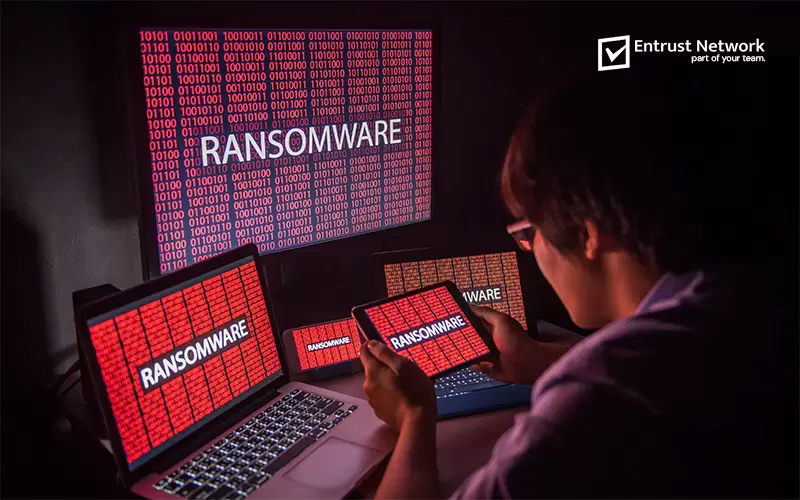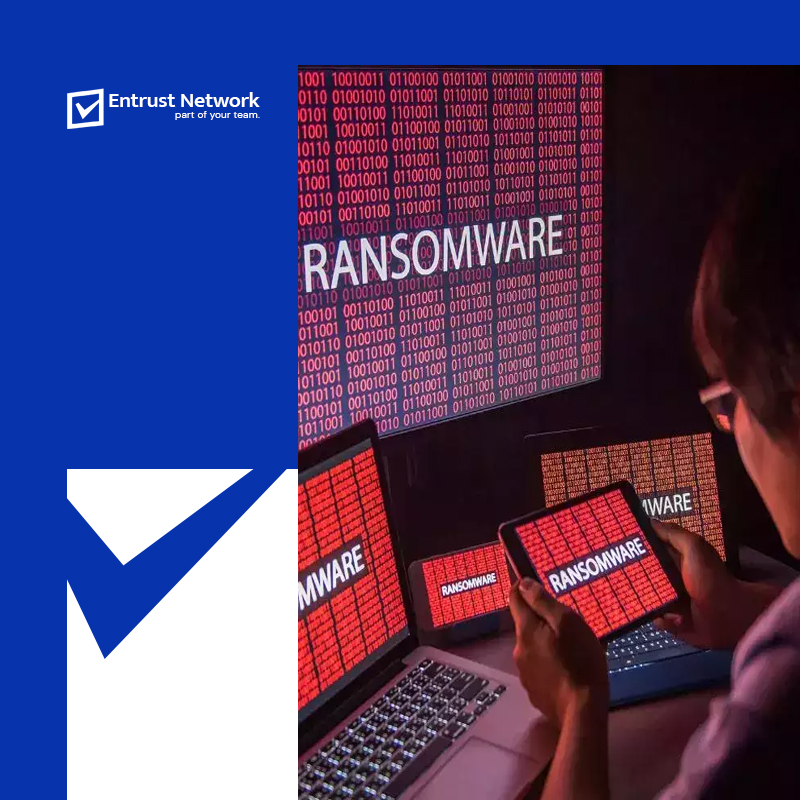
As digital technology and connectivity continue to evolve rapidly, so do the risks associated with cybersecurity. From ransomware attacks to data breaches, these threats can lead to financial losses and damage the reputation of your business. To address this growing concern, it’s essential to establish robust endpoint security measures to safeguard your network and data. Endpoints, which encompass various devices and equipment including laptops, servers, and IoT devices, act as entry points into a network. These components are often the most susceptible to cyber threats, attracting cybercriminals to exploit vulnerabilities and gain access to sensitive information. In this article, we will explore how leveraging threat intelligence can enhance endpoint security to defend against potential cyber attacks.
1. Proactive Defence
As the saying goes, “prevention is better than cure.” This principle applies to cybersecurity too. Rather than allowing problems to escalate, you should take proactive measures to mitigate risks and strengthen your endpoint security. In this context, threat intelligence can be helpful; it gathers and analyses information about emerging threats, attack vectors, and malicious actors to uncover the latest tactics, techniques, and procedures (TTPs) employed by cyber adversaries. As such, you’ll be able to anticipate and address potential threats in advance, instead of responding to them after damage is done.
2. Enhanced Incident Response
In Singapore, cyber security measures also include an agile incident response approach, which works to minimise damages following a cyber attack. The process involves reviewing past security incidents to uncover the methods employed by threat actors and refine security monitoring tools for detecting similar activities in real-time. Now with the aid of threat intelligence, you can delve deeper into the root causes of security breaches, ensuring that future incidents can be promptly addressed. Threat intelligence analysts will gather data, such as IP addresses, file hashes, and domain names, from various sources, including open-source intelligence (OSINT), closed forums, and dark web marketplaces. Subsequently, the collected data will be processed using automated tools to assess the severity and relevance to your organisation’s security posture.

3. Security Awareness
If you think cybersecurity is just an IT personnel’s responsibility, we’re here to tell you that it’s not. Cybersecurity is a collective effort that every individual within an organisation should be responsible for. And threat intelligence can assist in keeping employees informed about evolving cyber-attacks by delivering timely insights into emerging cyber threats, attack methodologies, and cybercrime trends. This cultivates a culture of security awareness among teams, allowing them to recognise and report suspicious activities for elevated cybersecurity posture. You may wish to complement this process with a managed service provider for cybersecurity to strengthen your business’ defence against cyber threats.
4. Resource Allocation
Effective resource allocation is vital in maximising the efficacy of cybersecurity efforts. It ensures that organisations invest in the right technologies and tools that align with their security needs, thus providing the best protection against both current and emerging threats. Thanks to threat intelligence, organisations now have the capability to identify and prioritise critical cybersecurity risks, assigning resources accordingly. Businesses can also engage cyber security risk management services to further enhance their endpoint protection.
Today’s digital era exposes many businesses to cyber threats, putting their data at risk of loss and their networks vulnerable to cybercriminal intrusion. By investing in robust endpoint security powered by threat intelligence, you can confidently manage your business network with resilience, ensuring peace of mind.
Entrust Network is honoured to be one of the most trusted IT companies in Singapore. We are committed to helping you achieve organisational success through a range of innovative IT solutions.
